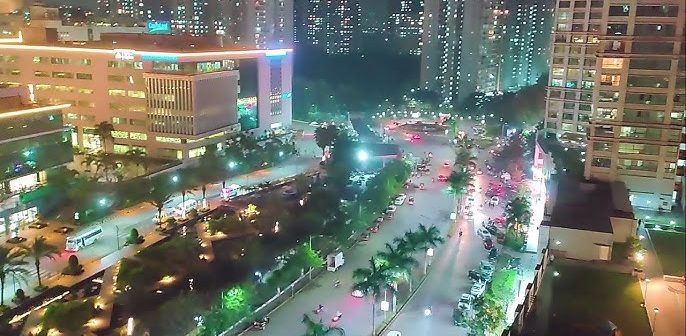Pune has witnessed an unprecedented boom in paying guest (PG) accommodations and hostels, especially catering to young professionals, IT workers, and students. As the city cements its reputation as an education and IT hub, these accommodations have become essential for the influx of newcomers. However, this rapid expansion has also highlighted significant regulatory gaps and malpractices that call for stronger municipal oversight.
The Growth of PG Accommodations
With Pune’s growing appeal as a center for both higher education and IT-based employment, PG accommodations have mushroomed across key localities like Koregaon Park, Viman Nagar, and Baner. According to industry reports, more than 3,000 registered PG facilities exist in Pune today, alongside numerous unregistered properties. Monthly rent can range from ₹5,000 to ₹15,000 depending on the area, amenities, and occupancy style. The demand is driven primarily by affordability, convenience, and the proximity to tech parks and academic institutions.
Issues Plaguing the PG Sector
Despite their popularity, PG accommodations in Pune are plagued by several issues. Many properties operate without proper licenses or safety standards. The lack of fire safety measures, hygiene concerns, overcrowding, and arbitrary rent hikes are common complaints. Young professionals and students, especially those new to the city, often fall victim to exploitative practices, such as inflated rents and lack of transparency in services offered.
The Pune Municipal Corporation (PMC) has acknowledged these problems and is now evaluating stricter regulation. Currently, most PG accommodations are classified as residential properties for tax purposes. However, the PMC is contemplating reclassifying these as commercial properties, which would significantly increase taxes and potentially rents. This is seen as a move to curb unregulated growth and ensure that landlords adhere to commercial operating standards.
Need for Regulatory Oversight
The absence of proper regulations has led to several malpractices in this sector. Unregistered PGs and hostels often flout basic safety norms and operate without routine inspections. With little to no control over rent increases and poor accountability mechanisms, tenants find themselves in a vulnerable position. Moreover, the inflow of IT professionals who prioritize convenience and are willing to pay premium rates has contributed to an unchecked rise in rents.
The city’s civic authorities have floated proposals for better regulation of the sector, including mandatory registration of PGs and hostels, enforcing fire safety norms, regular inspections, and stringent penalties for non-compliance. The GST council also recently amended tax exemptions related to student accommodations, aiming to create clearer taxation policies for long-term stays and further regulate the sector.
Conclusion: A Double-Edged Sword
While PGs and hostels have become essential for Pune’s expanding population of students and IT professionals, their rapid growth has resulted in a lack of oversight and increasing malpractices. To address these issues, it is imperative for the PMC and state government to implement robust regulations that not only safeguard tenant interests but also maintain the sector’s affordability. Stronger rules around registration, taxation, and safety compliance can ensure that Pune’s PG sector continues to serve its target audience effectively without compromising on basic living standards.





